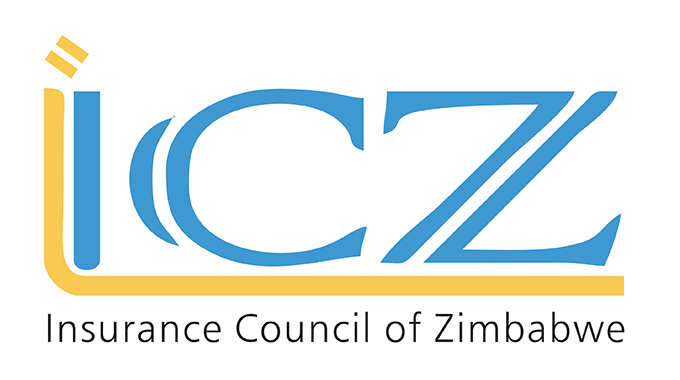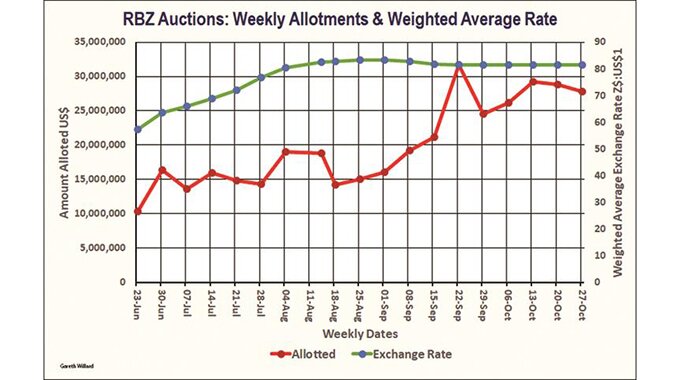Tawanda Musarurwa Senior Business Reporter
The move by the central bank to allow all fuel service stations with free funds to import fuel for sale in foreign currency, will help the economy save much-needed critical foreign currency, Reserve Bank of Zimbabwe (RBZ) governor Dr John Mangudya has said.
The governor, who was appearing before the Portfolio Committee on Budget, Finance and Economic Development on Monday, said the move was part of a broader strategy by the monetary authorities to reduce the flow of free funds to the parallel market.
“The issue is basically about supply and demand. Foreign currency earned through diaspora remittances tend to go to the parallel market. The issue is how do we harness that money into the formal system,” he said.
“For instance, we have a fuel bill of US$500 million. So it means that if we allow, for example, 30 percent of the fuel bill to be funded through free funds, it will result in a 30 percent foreign currency saving, monies that will then flow to the interbank market for other uses.”
Last week, Dr Mangudya said the central bank had given exchange control approval for the Zimbabwe Energy Regulatory Authority (ZERA) to receive applications from fuel companies that have free funds for direct imports to be sold in hard currency.
Advertisement
The new special dispensation for fuel companies was necessary because charging in foreign currency in Zimbabwe was outlawed last year through Statutory Instrument 142 of 2019, which restored the Zimbabwe dollar after a 10-year hiatus, following scrapping of the local unit, which had been ravaged by inflation.
And prior to the latest development, only a few designated fuel service stations could sell fuel in forex in terms of Statutory Instrument 212 of 2019, which allowed only guests of State and diplomats to buy petrol, diesel or other petroleum products in foreign currency.
These developments come on the back of a recent confirmation by the central bank boss, during the announcement of the Monetary Policy Statement (MPS) that the bank’s policy on free funds was remaining unchanged.
Free funds basically refers to foreign currency received by individuals, international organisations, non-Governmental organisations (NGOs) and embassies.
“The bank would therefore like to reassure all holders of free funds that their funds are safe and secure in Zimbabwe.
“The same is true for all other foreign currency accounts and that the current export retentions are being maintained at current levels.
“The bank has no appetite at all to temper with the legal status of the public’s foreign currency accounts,” said the governor.
“Allowing the use of free funds within the national economy for payment of customs duties on selected products, paying for emergency passports, procurement of basic commodities such as food items and fuel, under the direct fuel (DFI) scheme, should not be misconstrued as going back to dollarisation, but rather, as common good for the country to promote inflow of free funds from the diaspora and necessary to buttress the confidence that is needed under the de-dollarisation process.”
The maintenance of the policy on free funds means that, for instance, the employees of international organisations, non-Governmental organisations and embassies will continue to receive their salaries in foreign currency in individual nostro FCAs at the discretion of their employers.
Such free funds may be retained in the nostro FCA for an indefinite period and cash withdrawals remain permissible.
Advertisement
And holders of such funds may liquidate cash withdrawn from their accounts, or their account balances into local currency through a bank or bureau de change to fund domestic transactions.
With regards to exporting entities, export receipts shall continue to be received through normal banking channels.
Funds generated from exports shall continue to be administered in line with policies governing exports proceeds which include settlement of bona-fide foreign payments and liquidation on the interbank market of all unutilised balances after 30 days from date of receipt.
Official figures show that free funds play a catalytic role in enhancing confidence in the foreign exchange market and currently constitute around 30 percent of Zimbabwe’s total export receipts.
– HERALD








